Other
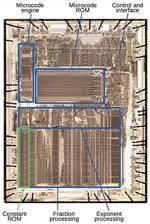
“Intel introduced the 8087 chip in 1980 to improve floating-point performance on the 8086 and 8088 processors, and it was used with the original IBM PC. Since early microprocessors operated only on integers, arithmetic with floating-point numbers was slow and …
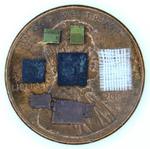
“I saw an ad for a tiny chip1 that provides 5 volts2 of isolated power: You feed 5 volts in one side, and get 5 volts out the other side. What makes this remarkable is that the two sides can …
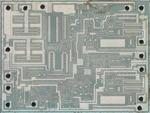
“The Nintendo Game Boy Color is a handheld game console that was released in 1998. It uses an audio amplifier chip to drive the internal speaker or stereo headphones. In this blog post, I reverse-engineer this chip from die photos …
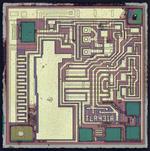
“A die photo of the interesting but little-known TL431 power supply IC provides an opportunity to explore how analog circuits are implemented in silicon. While the circuit below may look like a maze, the chip is actually relatively simple and …
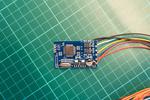
“I have read an article on the teardown of a dashboard mileage manipulator dongle on Hackaday. A “CAN bus filter” device was found in a vehicle, connected to the back of its instrument cluster. When it was removed and the …
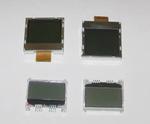
“I started in electronics before the advent of the internet and most solid state components, so getting datasheets and schematics was not easy for me. Today with manufactures making custom ICs and LCDs for everything from phones to video games …
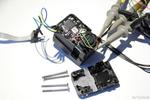
“You must be wondering why I’m “reverse engineering” this servo. The answer is pretty straightforward: someone in my scientific circle has damaged it by connecting the power supply to the wrong pins of the header. As you might have …

“The MMI 5300 was a memory chip from the early 1970s, storing 1024 bits in tiny fuses.1 Unlike regular RAM chips, this was a PROM (Programmable Read-Only Memory); you programmed it once by blowing fuses and then it held …

“Welcome! In this post I talk about the reverse engineering of the GM328A transistor tester. I have drawn the schematics of the board and compiled new firmware for it. As a bonus, I also programmed Tetris for it. Intro Some …

“Looking inside the Intel 8087, an early floating point chip, I noticed an interesting feature on the die: the substrate bias generation circuit. In this article I explain how this circuit is implemented, using analog and digital circuitry to create …
